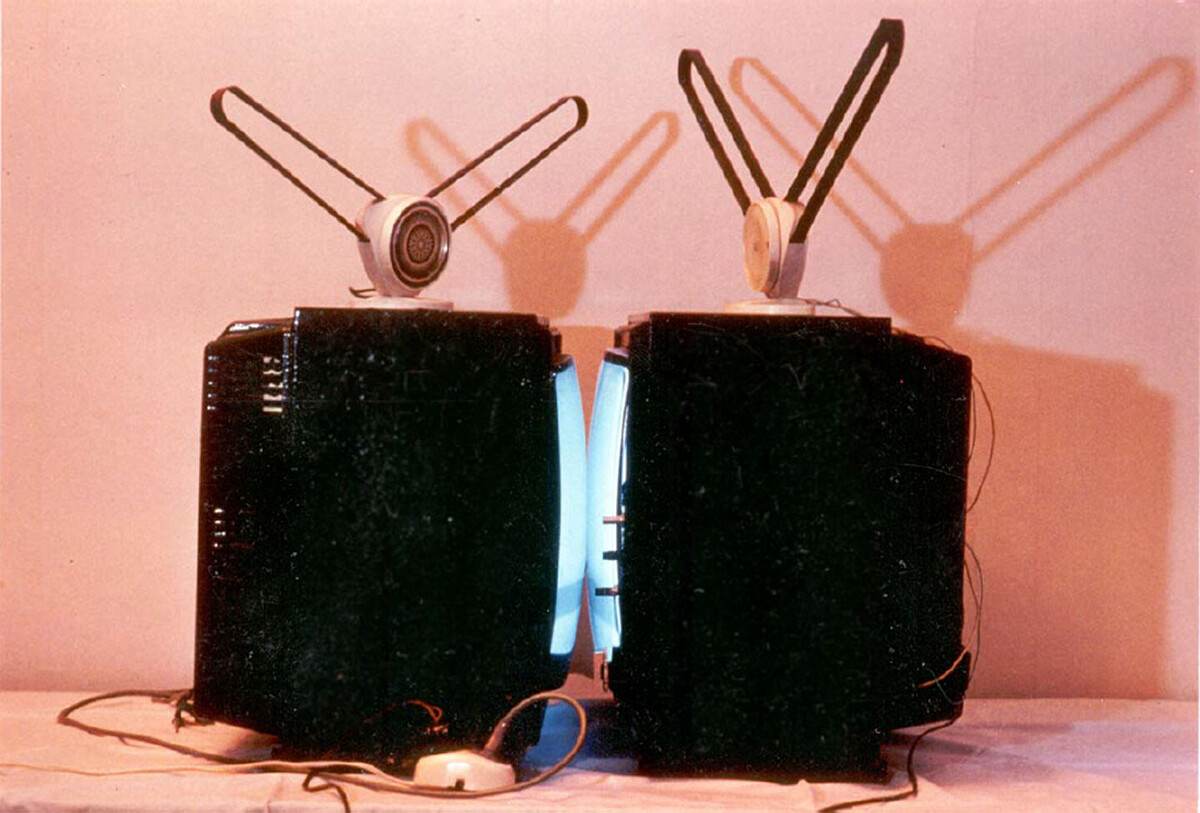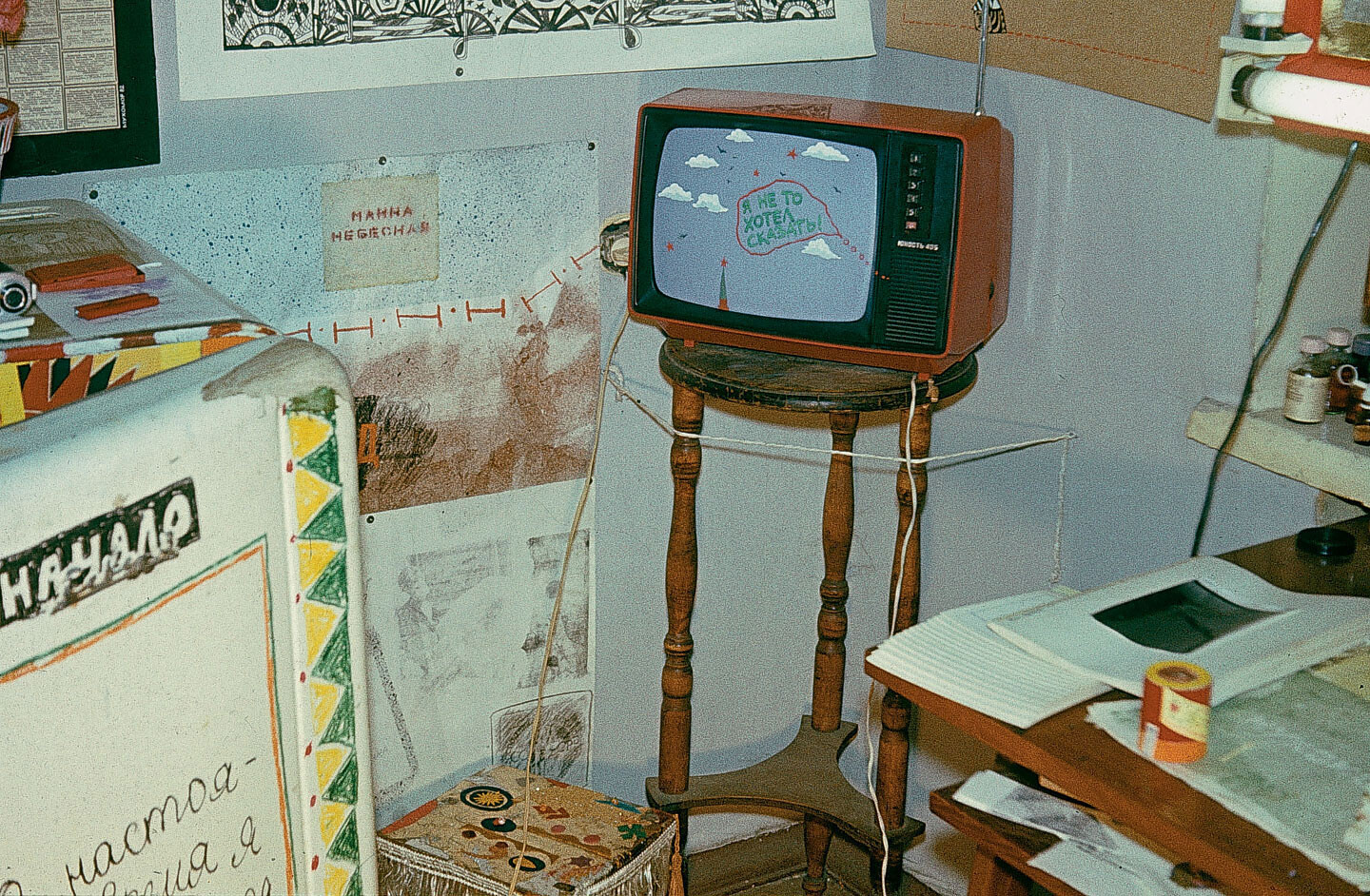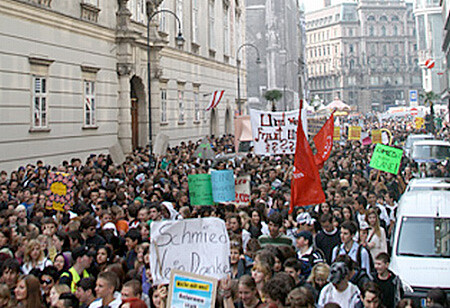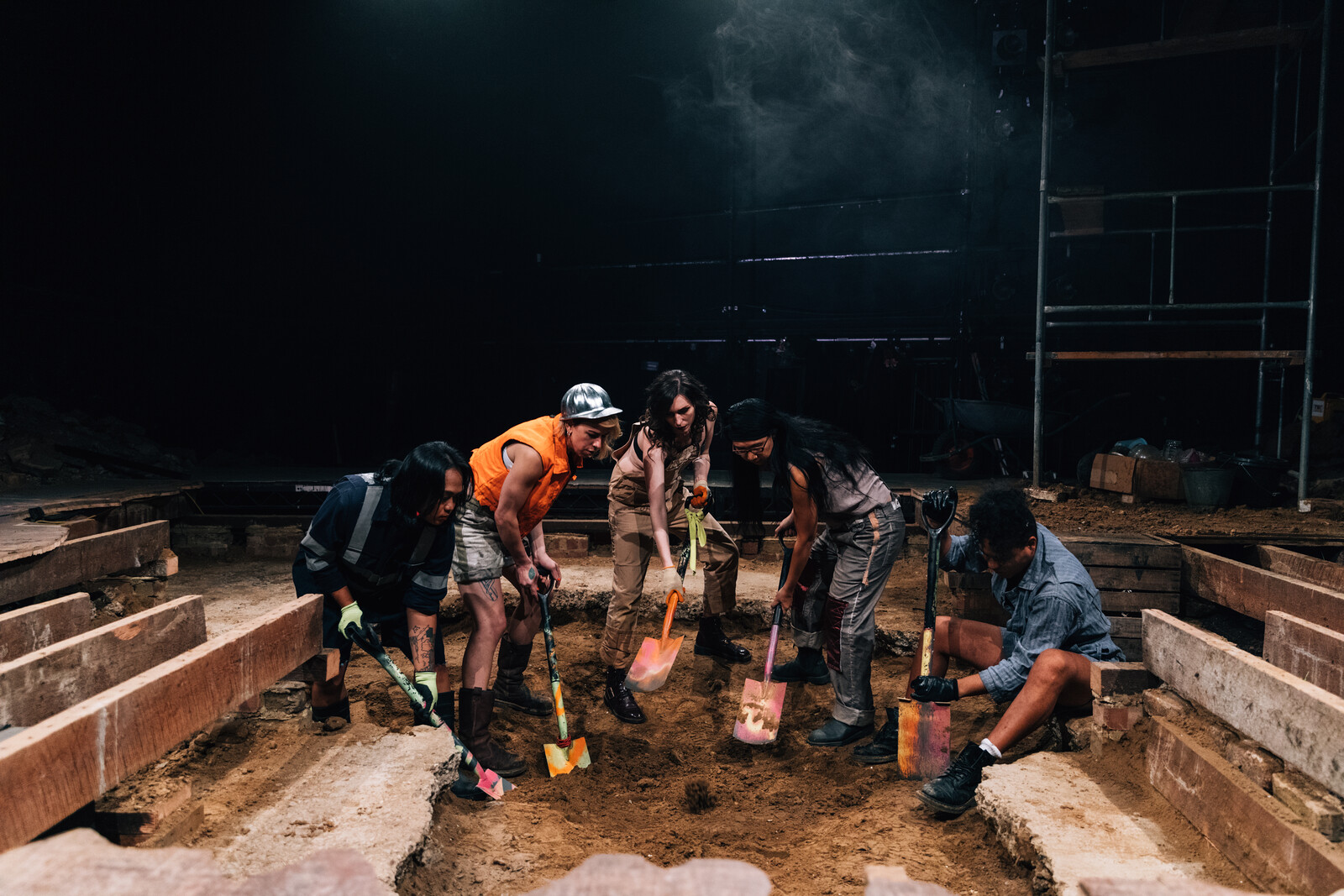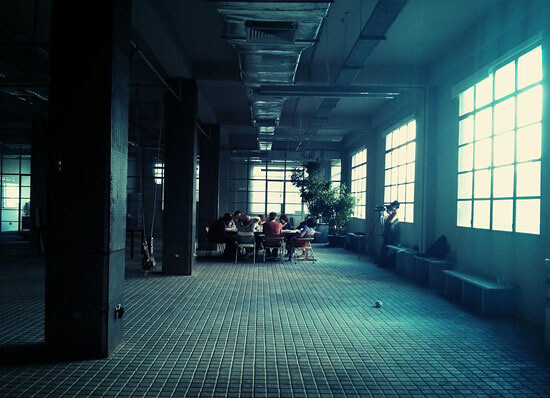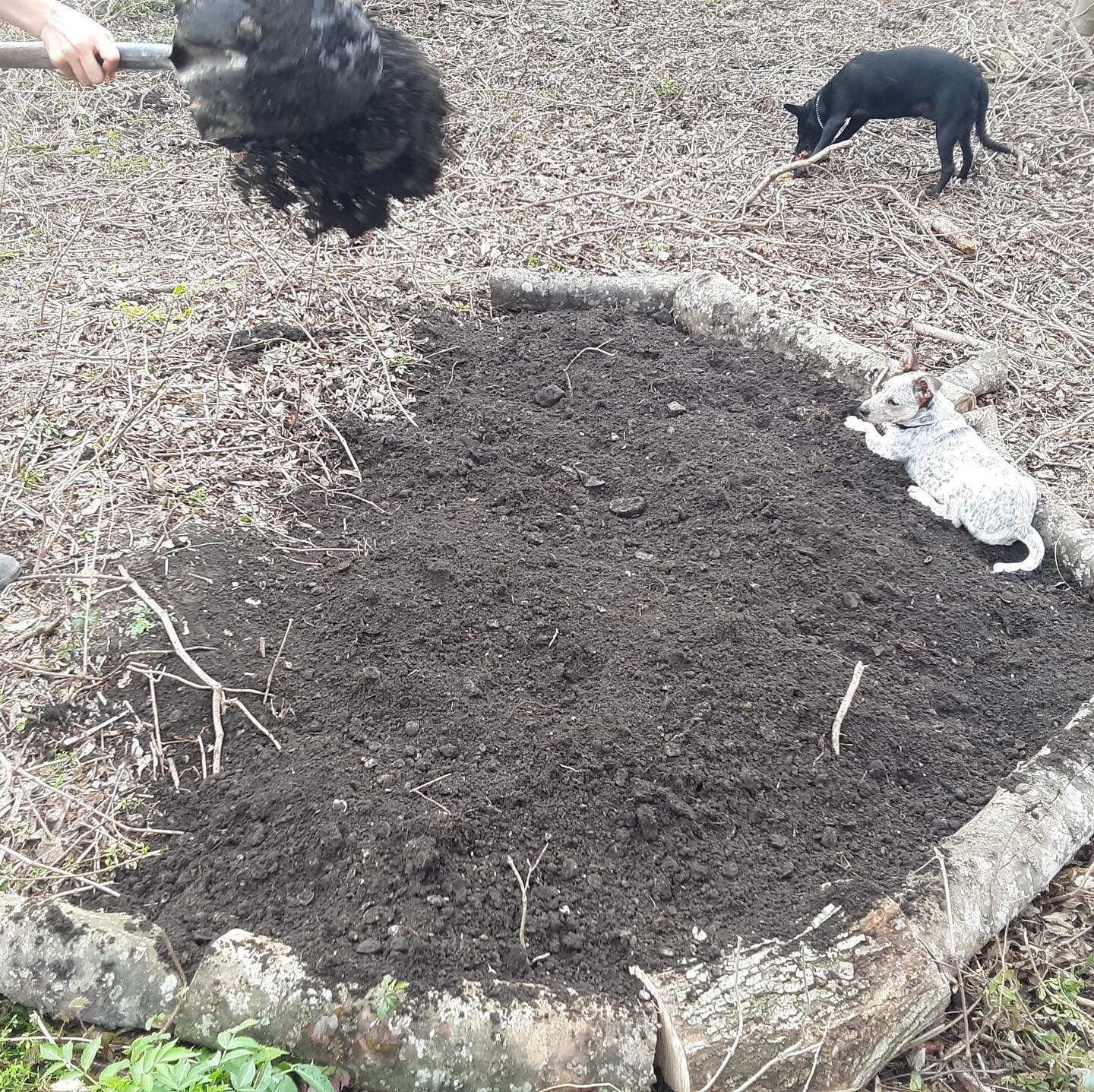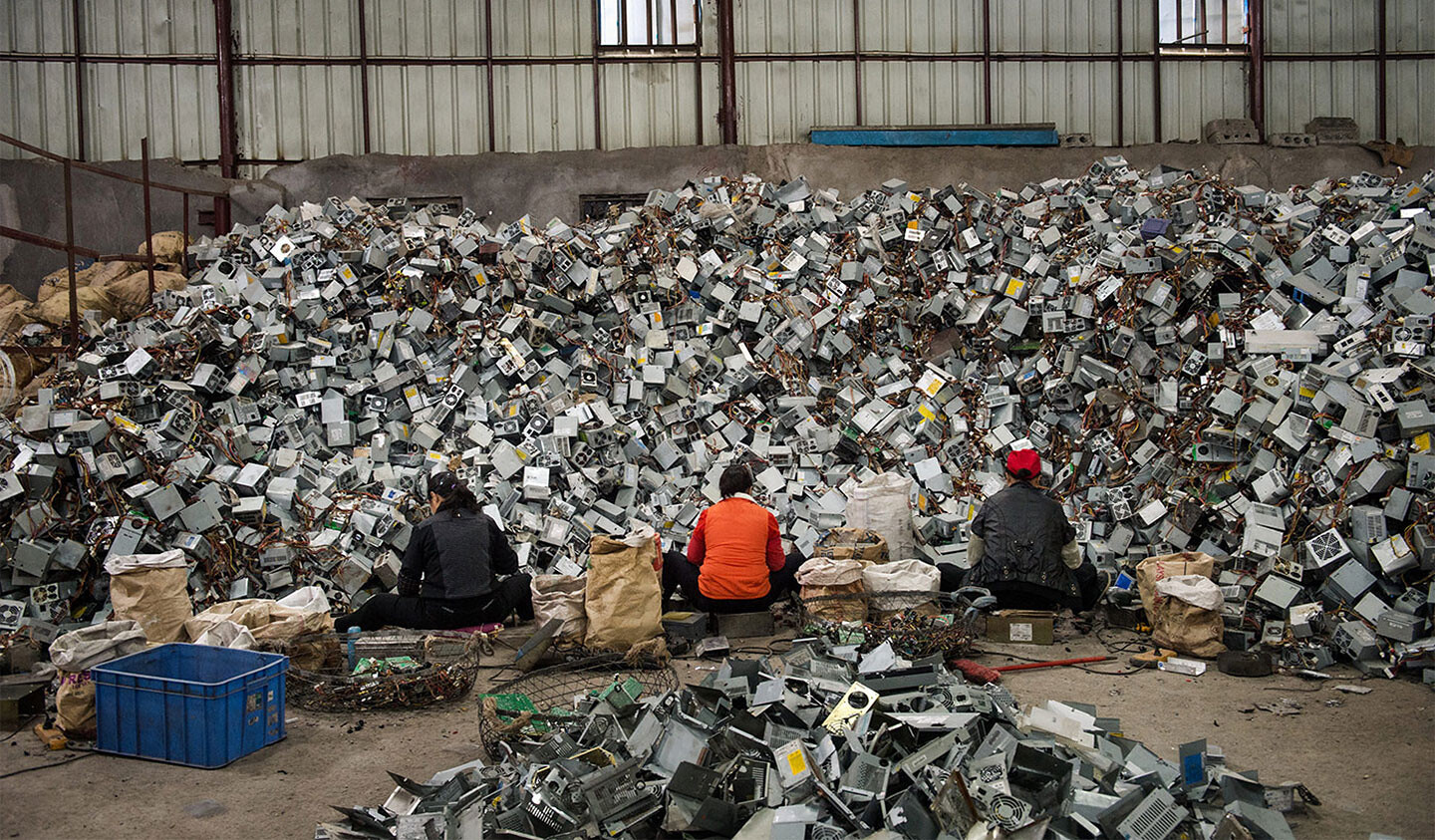A grouping of artists and artist groups, an apartment-exhibition space, a sequence of shows in an apartment and outdoors, a movement and a collective project, APTART’s actions were described by its participants as “working expositions,” “anti-shows,” “exhibition-nonexhibitions,” or—following the Socialist Realist dictum that art must be nationalist in form and socialist in content—as “apartment art” by “nationality.” The name is a contraction of “apartment art,” as well as a play on the Russian APT, meaning ART: a kind of stutter, “ART ART,” a repetition of “ART” across Russian and English.
World-Making
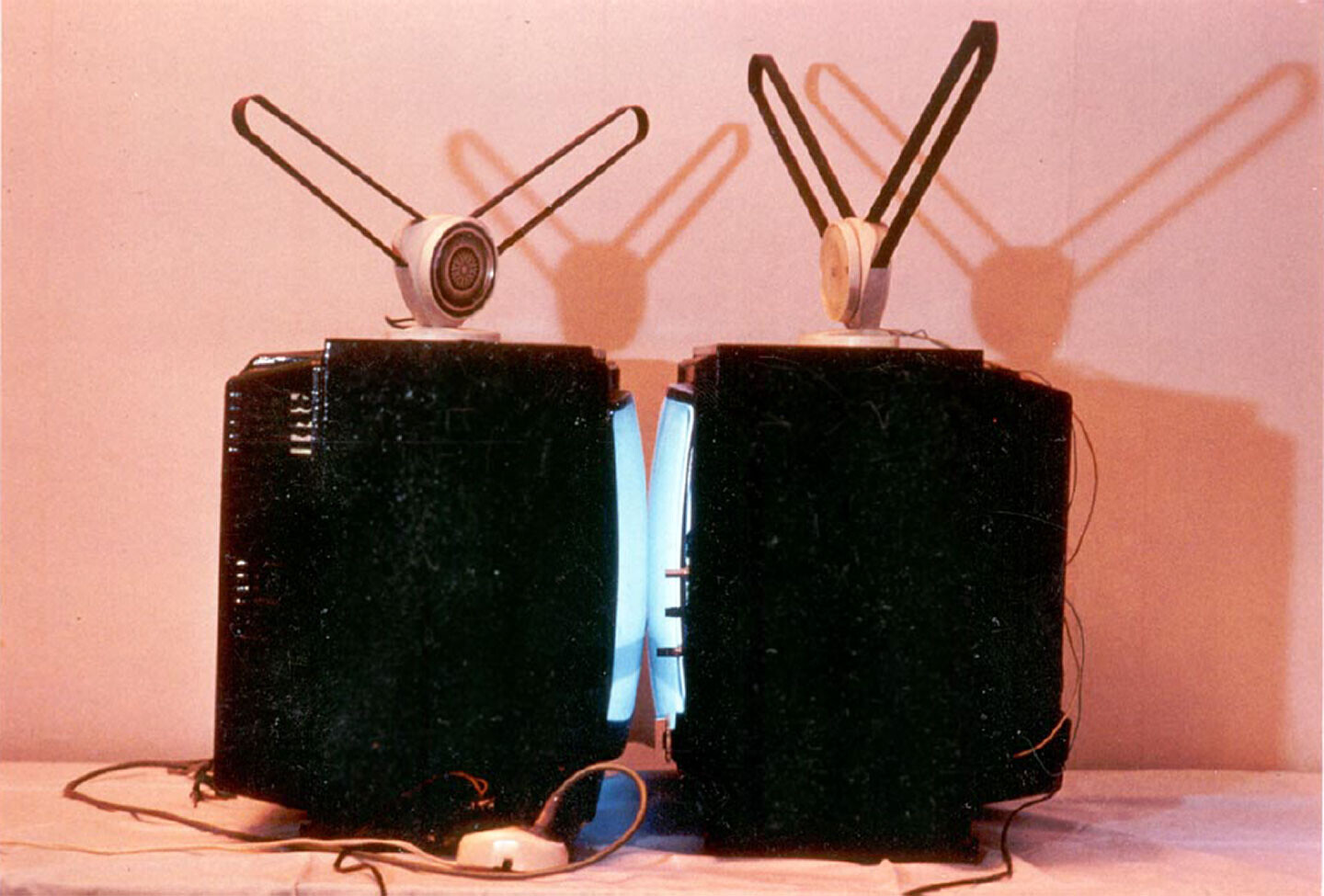
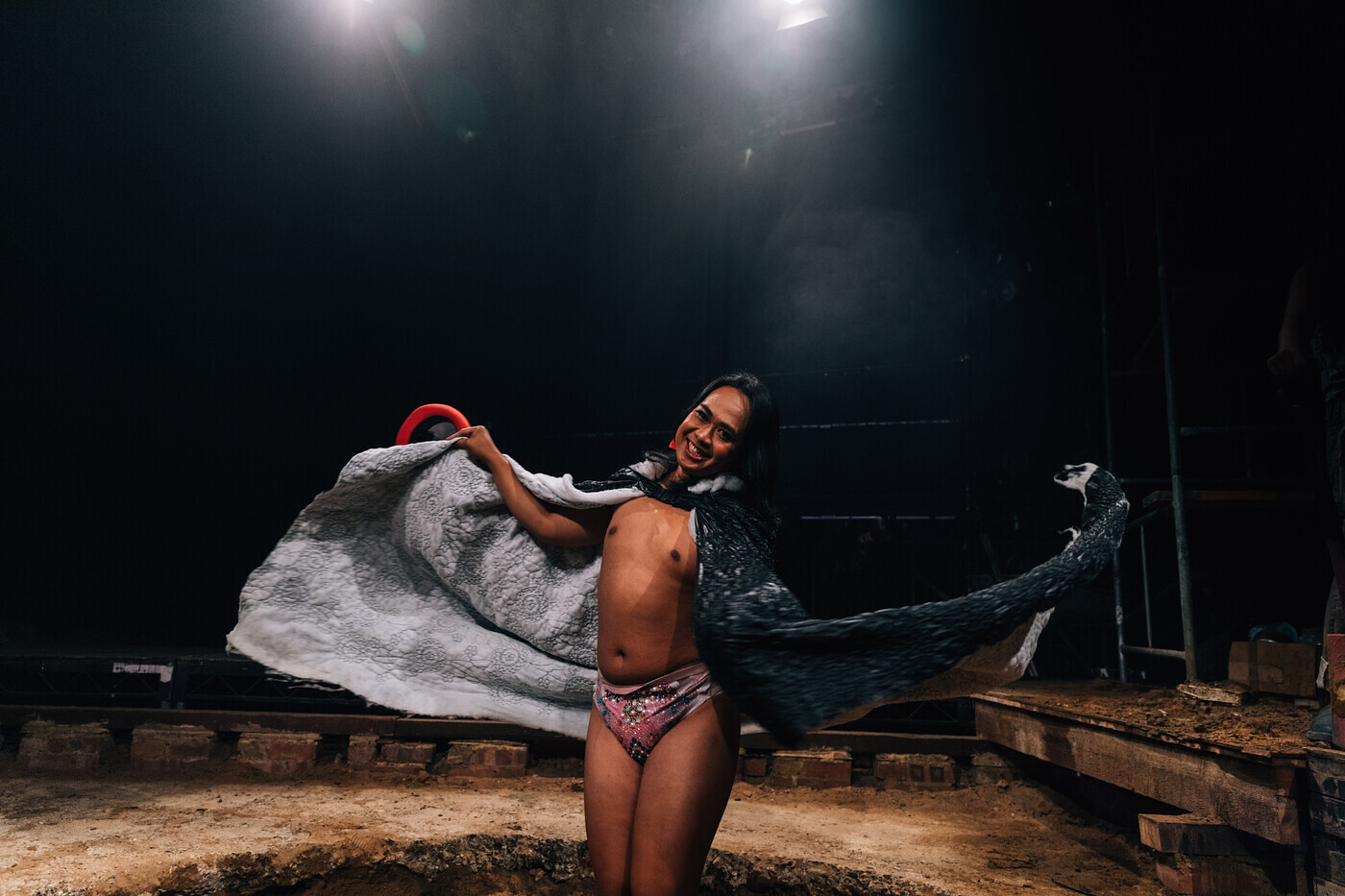
An apartment gallery, commune, and free university … these are a few of the new forms of institutions featured in this reader. Unsatisfied with the current realm, artists are self-organizing and making the world they want to live in. In some, such as “Free,” this is in the proposal stage; whereas in others, such as “Anti-Shows” or “Planting and Becoming,” it is their life: where they live and how they live.
In Indonesia, “ludruk” is a performing art that functioned as public entertainment in the colonial era. You can find it easily in Indonesia’s East Java region, especially Jombang and Mojokerto. Ludruk involves transgender women, who in this context are called various local terms: “tandak,” “travesti,” “siban,” “banci,” or “waria.” The term “waria” is a combination of the Indonesian words “wanita” (woman) and “pria” (man).
By learning the song of the land, we may just outlast a civilization determined to take us down with it. In abandoning the universal, we may find the ground waiting beneath our feet. Seeking the guidance of the world around us, we might allow ourselves a small beginning in new worlds to come.
This is an invitation for curators operating in distinct geographies but within an intertwined geopolitical reality to slow down their ways of working and being, to imagine new ecologies of care as a continuous practice of support, and to listen with attention to feelings that arise from encounters with objects and subjects. This is a call to radically open up our institutional borders and show how these work—or don’t—in order to render our organizations palpable, audible, sentient, soft, porous, and above all, decolonial and anti-patriarchal.
